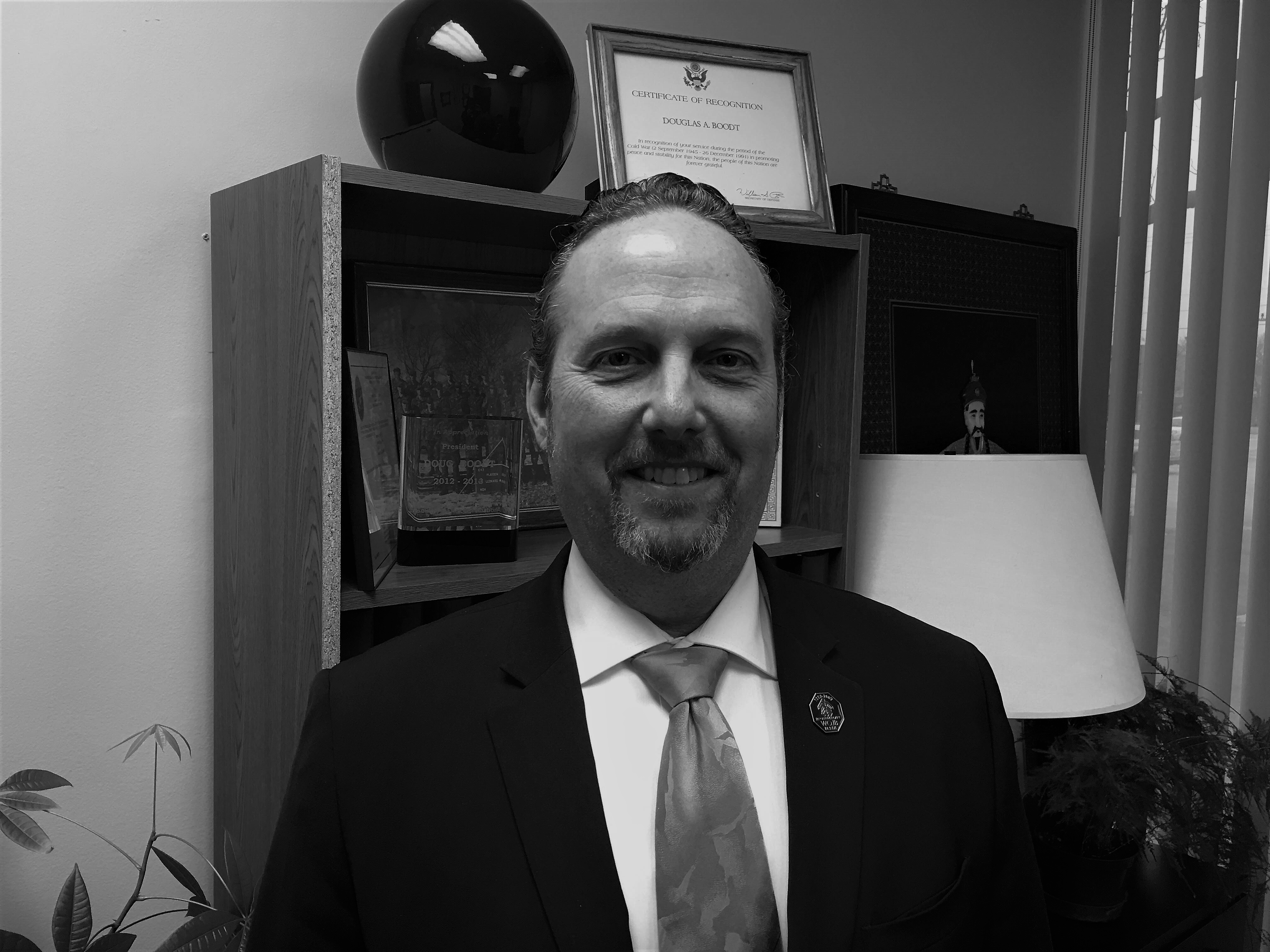What are blended families?
Blended families can take several forms:
- Married couples in which one or both spouses have children from a previous relationship;
- Married couples who have children from their relationship and also have children from previous relationships; and
- Families whose children have spouses from a prior relationship.
Blended families often face unique and complex estate planning challenges. Issues can arise between spouses and/or between their children and their children’s spouses. Usually, individuals in these relationships want not only provide for their current spouse, but their children from previous relationships, as well. In some cases, they also want to provide for the children from their current spouse’s past relationship(s).
What estate planning challenges do blended families face?
- The potential for children from either current or previous relationships to be disinherited because of a failure to adequately plan;
- Delays in a child’s inheritance until after the death of their parent’s current spouse due to a lack of proper planning; and
- The need to protect assets from previous spouses.
What an experienced estate planning attorney can do.
Estate planning, for blended families and non-blended families, is a form of asset protection. An experienced estate planning attorney can help craft the appropriate strategies based on each family’s unique situation and needs. Some of the tools at the attorney’s disposal are:
- Premarital and marital agreements;
- Spendthrift trusts;
- Traditional revocable living trusts;
- Bloodline trusts;
- Family limited partnerships
- Limited liability companies;
- Irrevocable life insurance trusts;
- Life estates;
- Qualified Terminable Interest Property Trusts; and
- Disclaimer trusts.
